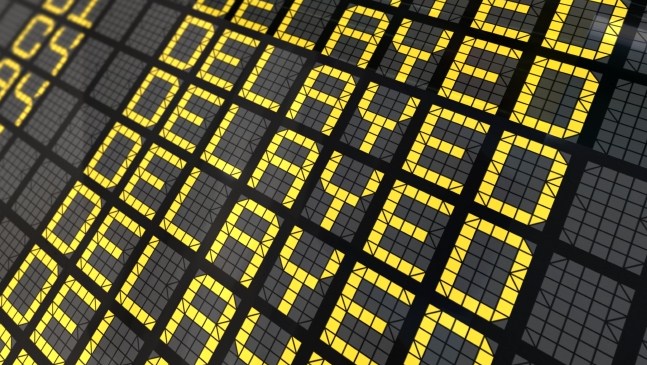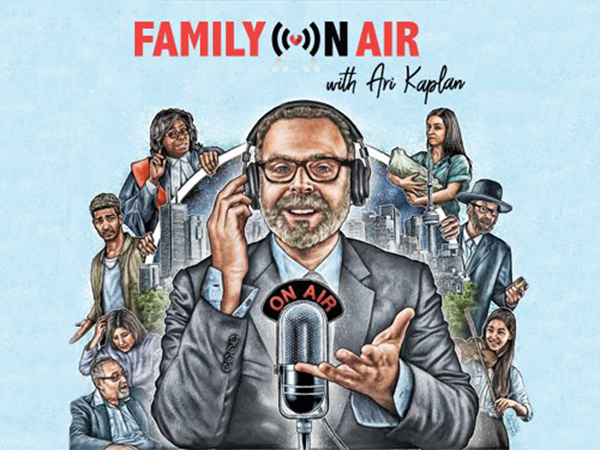Mediation is not an adversarial process. It isn’t, or shouldn’t be, us vs. them. It is a process by which both parties can work to discover their own solutions. A mediator is not an advocate. He/she does not argue the facts for one side or the other; and he/she doesn’t provide legal advice. But what does this mean in terms of the mediation agreement or contract? Can mediators write these agreements?
In some jurisdictions, mediators do write the mediation agreements. In others, the issue is a little murkier. The Law Society of Upper Canada, for instance, issued an opinion that mediators who are not lawyers should not draft legal agreements. Essentially, the LSUC is saying that it amounts to providing legal advice, and if you’re not a lawyer, this is illegal. Mediators, unless they are also lawyers, should not help parties write the agreements.
This obviously has a big impact on non-lawyer mediators in Ontario, who, as a result, can’t be as effective. At the end of the day, that’s the whole point. The product of your effort as a mediator and the effort of the parties involved is usually a written agreement that spells out how they’re going to go forward. I am a lawyer, so while I do not provide legal advice in mediation, I can draft the agreements, ensuring that, if necessary, they are enforceable in court.
But what about those mediators who are not lawyers? According to the Law Society, they should have the parties create a “Memorandum of Agreement.” It might not be considered by a Court to be a legally binding or enforceable document on its own; rather it is a record of what was agreed to. If the parties act on it, then it will start to take on more binding authority, since even a verbal contract is binding – its just an evidentiary issue as to what the terms of a verbal contract were – that why we put things in writing for the most part. A Memorandum of Agreement may contain language such as, “The parties will seek independent legal advice and decide whether or not to enter into a legal agreement according to these terms.”
The practical result of this is that it could derail the entire mediation process. When problems need to be solved here and now, the inability of many mediators to draft agreements essentially delays the process and introduces new costs and complexities for participants, if their mediator is not a lawyer.. I understand that most non-lawyer mediators simply ignore this issue and draft the agreements anyway.





